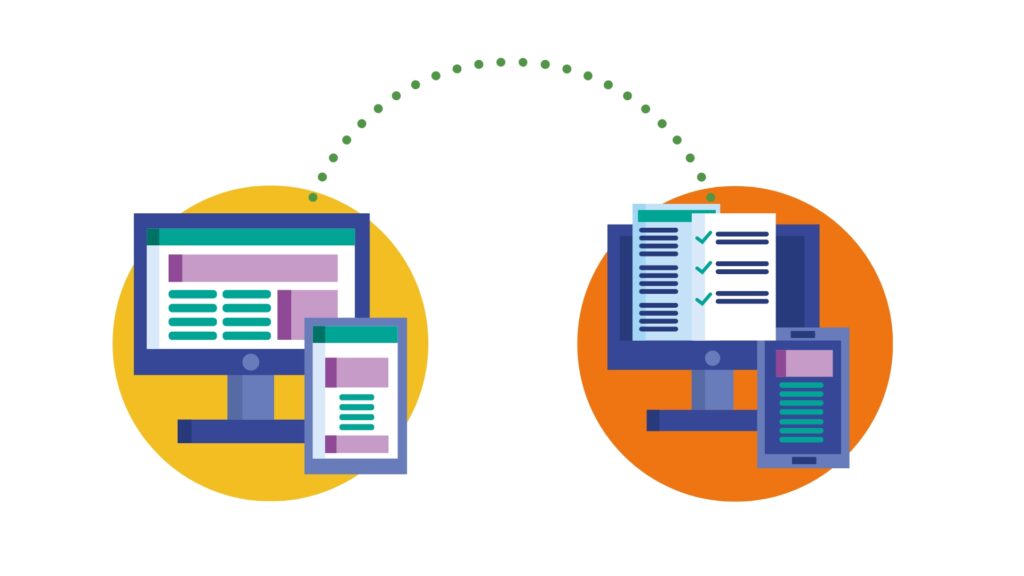If you’ve recently registered a .barcelona domain and you already had a website, now it’s time to migrate your website to the new domain. We know this can be a complex task and that it needs to be planned properly. While we advise you to do this with the help of a programming professional, here we explain what you need to bear in mind when it comes to the migration.
1. Planning the migration and assessing the current site
Before you start the migration, you need to plan the change properly and review the state of the current website. This is a good time to produce an inventory of the content and decide what we want to keep and what’s now obsolete.
One way of knowing what content generates the most interest is to analyse the traffic that your site gets, this way you can see which pages get the most visits and the resources used the most by your visitors.
2. Preparing the new domain
If you haven’t done so already, before the migration you need to register the .barcelona domain: Make sure the new domain is registered and configured correctly. To do this, check the list of accredited registration companies that appear on our website. Here you’ll find the services they offer, as well as their set-up and renewal charges.
Once you have the domain registered, you need to configure the new hosting: If you’re changing your hosting service provider, make sure the new server is ready for your website. If you’re unsure, contact your new provider for help.
3. Transferring content
This is one of the key points in the migration. We recommend that from this point on you proceed with the help of somebody with programming knowledge.
You’ll need to make a complete back-up copy of your current site, including all the files in the database. Once you’ve made a copy of the files, the transfer to the new server associated with the .barcelona domain can be carried out.
Besides the files, you also need to migrate the database from your current website and import it to the new server.
4. DNS configuration
DNS configuration is crucial for your new .barcelona domain to lead to your website correctly. You need to access the control panel of your domain and update the A and CNAM registers with the IP address of your server. These changes can take up to 48 hours to be applied across the whole of the internet. Finally, you need to check that your website loads correctly and that all the links work.
5. Redirections and SEO
To maintain site traffic and SEO when you carry out the migration to the .barcelona domain, you need to configure 301 redirections from the former domain to the new one and ensure that visitors and search engines are directed correctly. You will also need to update all external links, as well as sitemap.xml and robots.txt files to reflect the new URLs. The permanent redirections will help preserve the position of the website and the authority of your website.
6. Verification and testing
After migrating to the .barcelona domain, check that all the pages load correctly and there are no 404 errors. Check all the forms and links work as they should. You can add the new domain to the Google Search Console to monitor its performance and ensure that Google Analytics is configured to monitor the traffic to the site. Keep checking the website to detect and solve any issues.
7. Communication with users
After migrating to the .barcelona domain, inform your users and customers of the change through communications and updates on social media. Make sure that all platforms and marketing materials reflect the new domain. Establish a support channel to help users with any problems they might have. Monitor your site to identify and quickly solve any issues that appear after the migration.
Finally, we recommend you carry out the migration at a time when your website has little traffic, so if something isn’t working you can always recover the website with the back-up copy you made at the start. We hope this step-by-step process will help guide you with migrating your website to the .barcelona domain.



